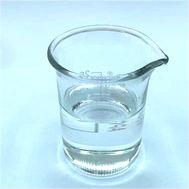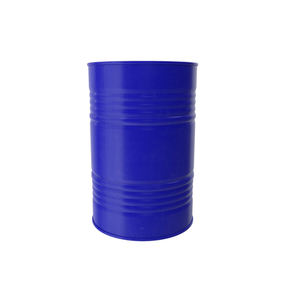One-stop lubrication solution | Discover the way to smoothness | Infomak
PRODUCT PARAMETERS
Description
Introduction to Engine Oil
Engine lubricants are key liquids used to lubricate the internal components of the engines of motor vehicles such as cars and trucks. It not only reduces friction between metal parts, but also cleans the inside of the engine, helps cool it and prevents corrosion. Lubricant additives are chemicals added to further improve the performance of lubricants. They can enhance the oil’s anti-oxidation, anti-wear, clean dispersibility and viscosity-temperature characteristics.
Features of Engine Oil
Excellent thermal stability: Able to remain stable under high temperature conditions and not easy to decompose.
Excellent oxidation stability: Prevents lubricants from deteriorating and extends service life.
Good low-temperature fluidity: ensures that the engine is fully lubricated even when starting cold.
Efficient cleaning ability: prevents the formation of deposits and varnish, keeping the engine clean.
Increased anti-wear ability: reduces wear between key components, improves engine efficiency and life.
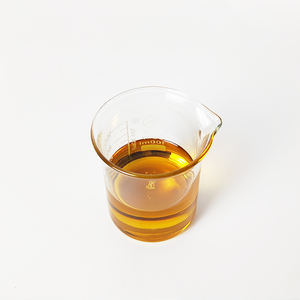
(Auto Car Engine Oil Lubricants Motor Oil 5W30 0W20 0W30 0W40 5W30 5W40 10W30 10W40 15W40 20W50 SAE50 ATF CVT Coolant Antifreezes)
Specification of Auto Car Engine Oil Lubricants Motor Oil 5W30 0W20 0W30 0W40 5W30 5W40 10W30 10W40 15W40 20W50 SAE50 ATF CVT Coolant Antifreezes
Engine oils and vehicle fluids are vital for maintaining your car running smoothly. This product line includes a series of engine lubricating substances and upkeep fluids developed for different demands. Motor oils like 5W30, 0W20, 0W30, 0W40, 5W30, 5W40, 10W30, 10W40, 15W40, 20W50, and SAE50 are available to match certain engine demands. These oils vary in viscosity to match various temperature levels and driving problems. The 0W20 and 0W30 qualities work well in cold climates. They flow easily at low temperatures, decreasing engine wear during start-up. The 5W30 and 5W40 oils equilibrium performance in both cool and modest weather condition. They safeguard engines year-round. The 10W30 and 10W40 qualities are thicker, excellent for warmer climates or older engines requiring added security. Heavy-duty oils like 15W40, 20W50, and SAE50 manage high-stress problems. They are fit for trucks, high-mileage engines, or extreme heat.
Automatic transmission fluid (ATF) and continuously variable transmission (CVT) fluid guarantee smooth gear shifts. They decrease friction, stop getting too hot, and expand transmission life. Coolant and antifreeze items control engine temperature level. They avoid cold in winter months and getting too hot in summer season. These fluids likewise protect against deterioration, maintaining radiators and cooling systems clean.
All items meet market criteria for quality. They utilize innovative additives to eliminate sludge, down payments, and oxidation. This maintains engines tidy and efficient. Artificial blends and full artificial alternatives are offered for improved efficiency. They use better thermal security and longer oil life.
Picking the best oil or fluid depends upon your vehicle’s requirements. Check the proprietor’s guidebook for recommended grades. Using the appropriate item enhances fuel effectiveness, decreases emissions, and prevents engine damages. Normal oil modifications and fluid checks are important. They maintain engine health and wellness and avoid pricey repair work.
Store products in an amazing, completely dry place. Maintain containers secured to stop contamination. Dispose of used oil and fluids sensibly. Adhere to neighborhood reusing guidelines. Correct handling makes sure safety and environmental management.
This product range covers whatever from everyday chauffeurs to heavy-duty lorries. Trusted performance, engine defense, and long life are top priorities. Count on these oils and fluids to maintain your auto running at its finest.
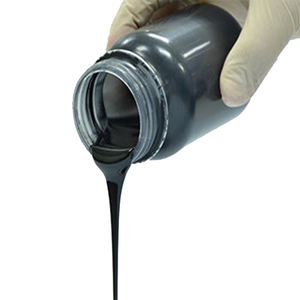
(Auto Car Engine Oil Lubricants Motor Oil 5W30 0W20 0W30 0W40 5W30 5W40 10W30 10W40 15W40 20W50 SAE50 ATF CVT Coolant Antifreezes)
Applications of Auto Car Engine Oil Lubricants Motor Oil 5W30 0W20 0W30 0W40 5W30 5W40 10W30 10W40 15W40 20W50 SAE50 ATF CVT Coolant Antifreezes
Motor oils and relevant fluids play important roles in maintaining vehicles running smoothly. Engine oils like 5W30, 0W20, 0W30, 0W40, 5W30, 5W40, 10W30, 10W40, 15W40, 20W50, and SAE50 secure engines by decreasing friction in between relocating parts. The numbers suggest thickness. Lower numbers before the “W” imply much better performance in cold weather. Thinner oils like 0W20 flow conveniently at low temperature levels, making them ideal for contemporary engines in winter season. Thicker oils like 20W50 or SAE50 fit older engines or hot climates, giving sturdy security.
ATF (Transmission Liquid) makes certain smooth equipment shifts in transmissions. It oils parts, protects against overheating, and preserves hydraulic pressure. CVT (Continuously Variable Transmission) liquid functions in a similar way however is made for CVT systems, which do not have fixed gears. Utilizing the wrong fluid can damage these systems.
Coolant and antifreeze regulate engine temperature. Coolant circulates via the engine, absorbing heat and moving it to the radiator. Antifreeze stops coolant from freezing in winter season and boiling in summertime. The majority of modern-day coolants are pre-mixed with water, yet some need dilution. Regular coolant checks stop rust and leakages.
Engine oils with additives like detergents or anti-wear representatives maintain engines clean and prolong their life expectancy. Artificial oils deal with severe temperature levels much better than conventional oils. They flow faster at startup, lowering engine wear. Constantly inspect the car guidebook for the recommended oil grade. Utilizing the wrong thickness can harm fuel performance or create engine damage.
Sturdy engines in vehicles or equipment typically utilize 15W40 or 20W50 oils. These oils hold up against high stress and anxiety and warm. SAE50 prevails in racing or high-performance engines where thick lubrication is essential.
Keeping fluids effectively issues. Maintain containers sealed to prevent contamination. Dispose of used oil or coolant at reusing centers. Never blend various fluid kinds. Each item has a specific role. Complying with upkeep timetables ensures engines and transmissions last much longer. Routine liquid adjustments prevent pricey repair services. Constantly focus on quality items suitable with your lorry’s requirements.
Company Introduction
Welcome to Infomak, Infomak is dedicated to the technology development of special oil additives, combined the Technology of nanomaterials developed dry lubricant and oil additives two series. Our products can significantly improve the performance of lubricating oil, improve energy efficiency, effectively protect the lubrication device and extend the oil change cycle, which can satisfy the lubrication oil constantly upgrading for high-end engine oil additives.
If you have any questions, please feel free to contact us(nanotrun@yahoo.com).
Payment Methods
T/T, Western Union, Paypal, Credit Card etc.
Shipment Methods
By air, by sea, by express, as customers request.
5 FAQs of Auto Car Engine Oil Lubricants Motor Oil 5W30 0W20 0W30 0W40 5W30 5W40 10W30 10W40 15W40 20W50 SAE50 ATF CVT Coolant Antifreezes
Motor oil keeps your car engine running smoothly. Many people have questions about choosing the right type. Here are answers to common questions. What do numbers like 5W30 or 0W20 mean? The first number (before the W) shows how the oil flows in cold weather. Lower numbers mean better cold starts. The second number shows thickness at high temperatures. Higher numbers handle heat better. How do I pick the right oil? Check your car’s manual. It lists the best grade for your engine. Cold climates need lower first numbers (like 0W20). Hot areas need higher second numbers (like 10W40). Can I mix different oils? Avoid mixing grades if possible. Mixing 5W30 with 10W40 temporarily won’t harm your engine. Don’t make it a habit. Use the correct oil as soon as you can. What’s the difference between synthetic and conventional oil? Synthetic oil lasts longer. It handles extreme temperatures better. Conventional oil costs less. Both work if they match your car’s requirements. How often should I change the oil? Most cars need changes every 5,000 miles. Newer models or synthetic oils might stretch to 7,500 miles. Check oil levels monthly. Dirty oil hurts engine performance. What about other fluids like coolant or transmission fluid? Coolant prevents overheating. Use the type specified in your manual. ATF or CVT fluids are for transmissions. Never mix these with engine oil. Wrong fluids damage parts. Always store motor oil in a cool, dry place. Keep containers sealed. Dispose of used oil at recycling centers. Never pour it on the ground. Using the right oil protects your engine. It saves money on repairs. Follow guidelines for your vehicle.
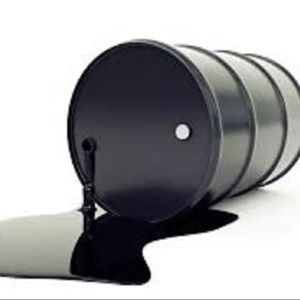
(Auto Car Engine Oil Lubricants Motor Oil 5W30 0W20 0W30 0W40 5W30 5W40 10W30 10W40 15W40 20W50 SAE50 ATF CVT Coolant Antifreezes)
REQUEST A QUOTE
RELATED PRODUCTS

Factory Supply Engine Oil 0W20 Auto Car Oil Fully Synthetic Engine Motor Lubricantnts 5W30
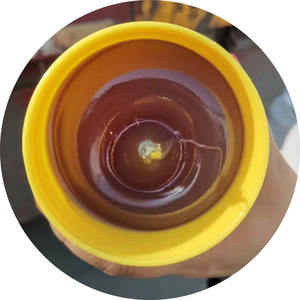
High Performance Synthetic Lubricants CH-4 20W50 Diesel Engine Oil
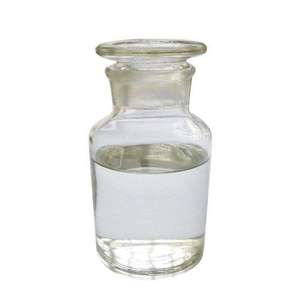
20W50 MINERAL Heavy Duty diesel Car Engine Oil 4L Automotive Lubricants OEM Whole Factory Motor Synthetic Gasoline En
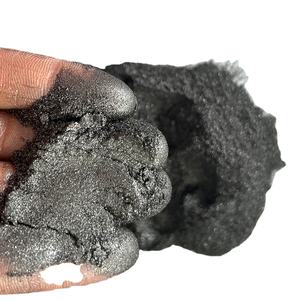
Whole 4T Racing Motorcycle Engine Motor Oil Automotive Lubricant With Base Oil Composition For Compressors
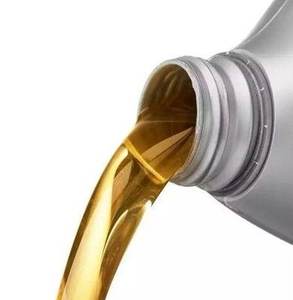
Top Performance 10W30 SM Petrol Engine Oil Motor Oil Whole Automotive Lubricants Best ing Oil
